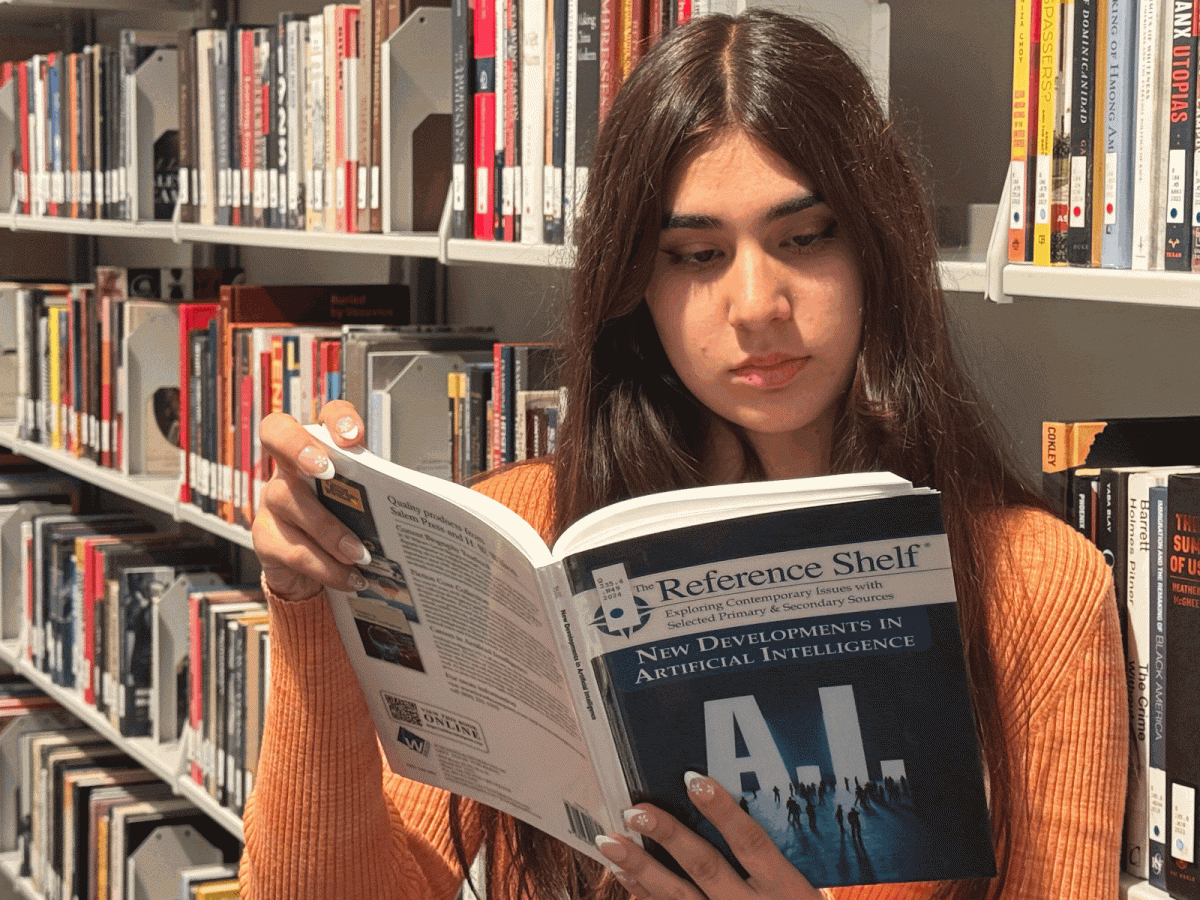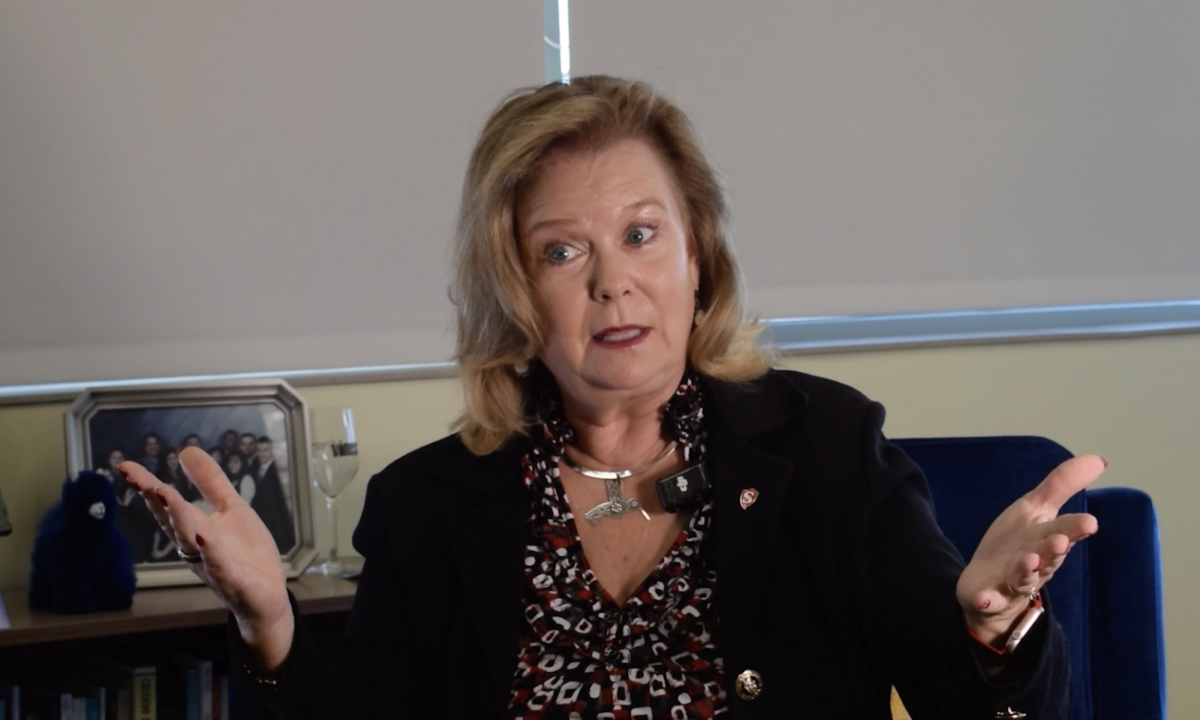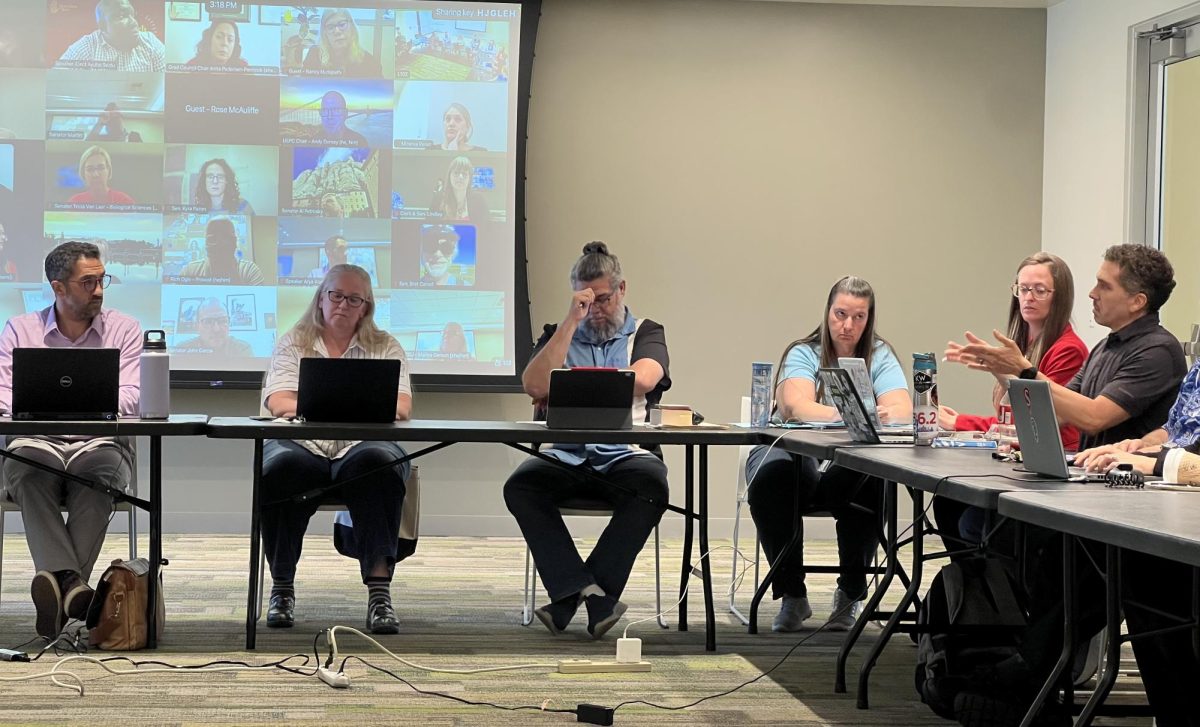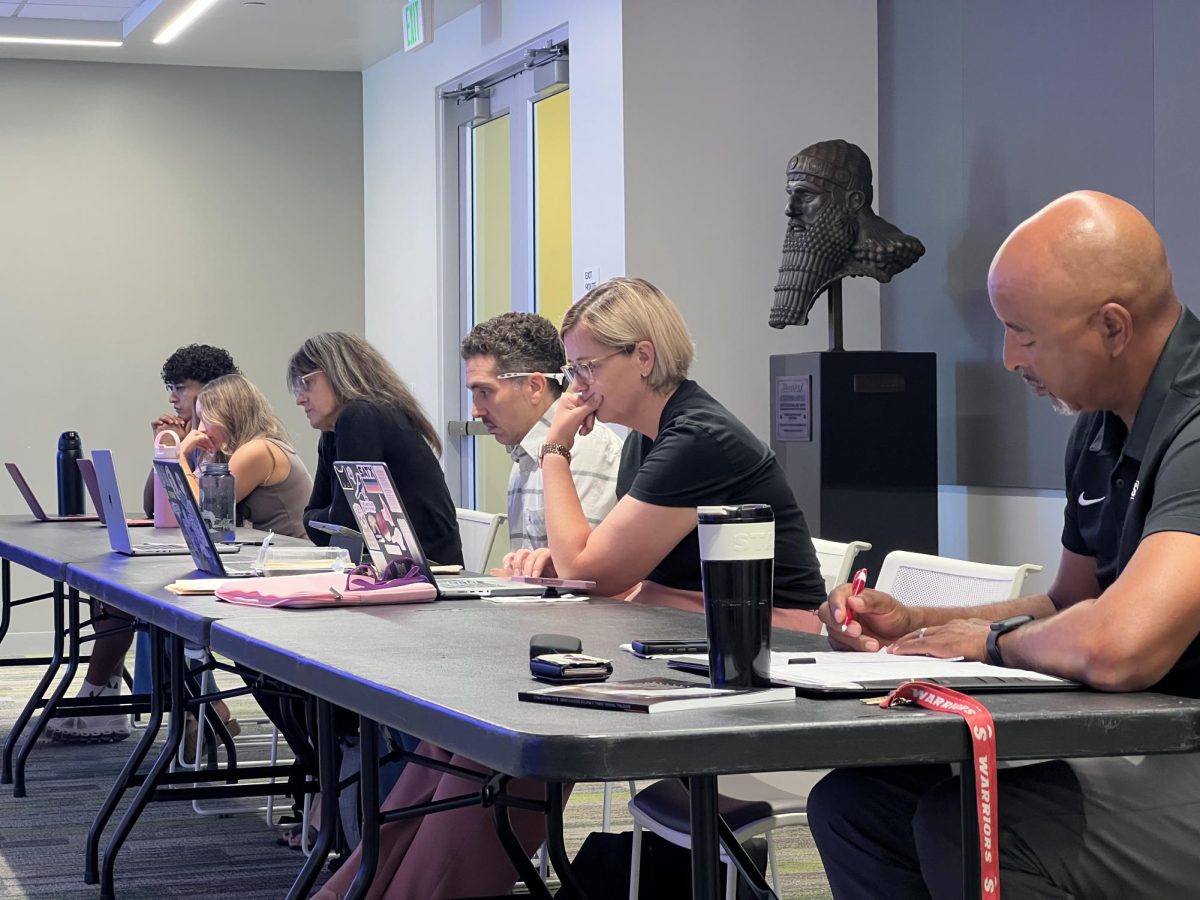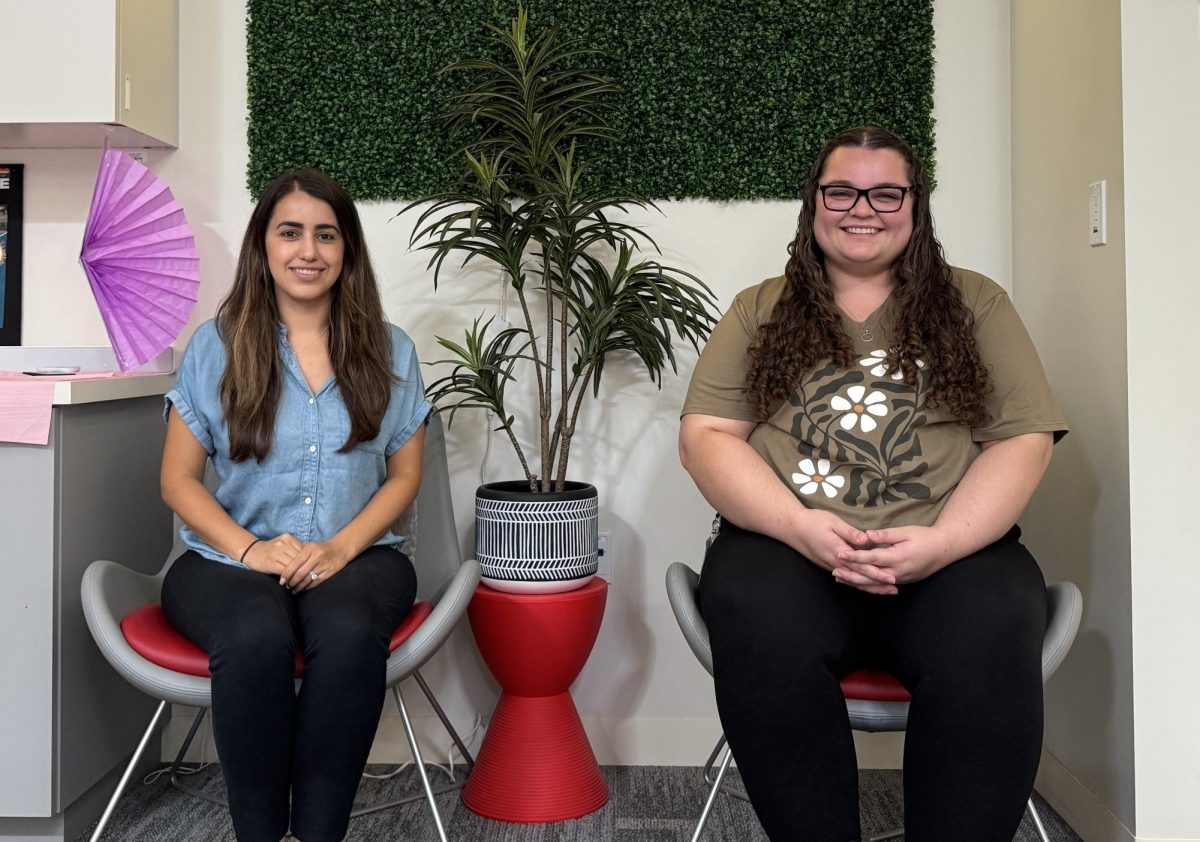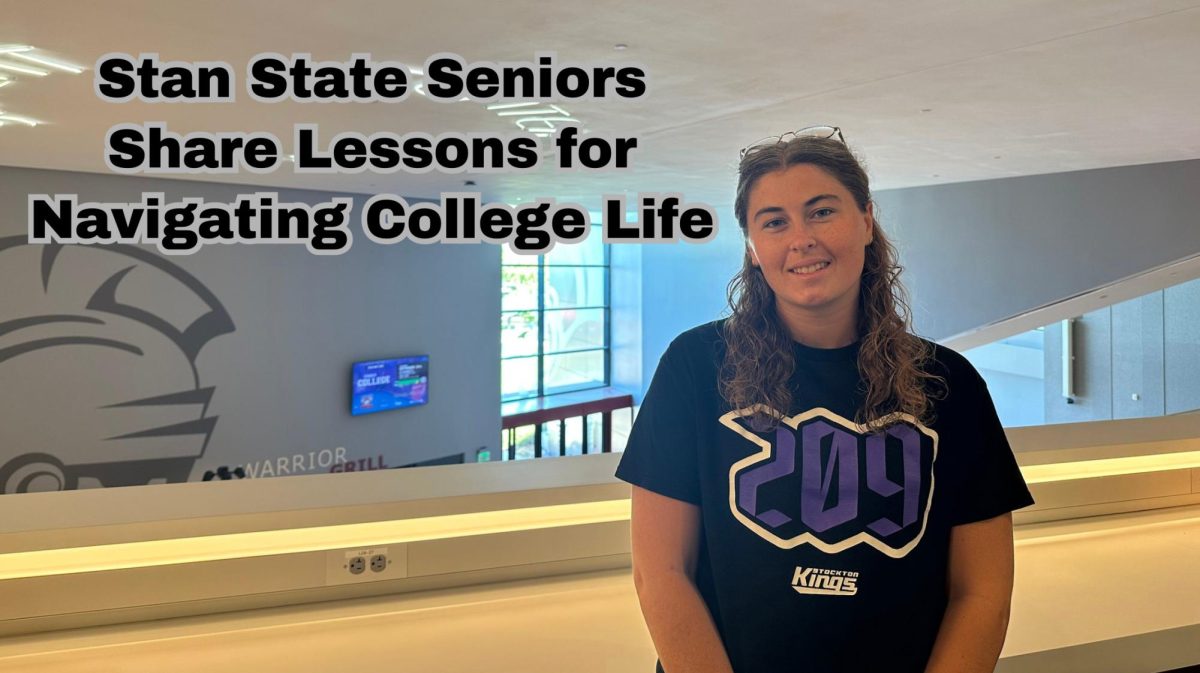Mock Interview Mondays are workshops offered to Stanislaus State students and alumni every Monday from 11 a.m. to 12 p.m. that aim to prepare students for what they should do before, during and after a job interview.
The workshops are currently hosted by Jaskaran Dhesi, the Career and Development Center’s Employer Engagement Coordinator. Dhesi begins sessions with powerpoint presentations on the basics of job interviews, including various strategies and tips to have a successful interview.
Dhesi explained that interviewing in itself is a challenge because it’s an “unnatural exercise” since it’s something that we generally do not do that often in our lives. The workshop takes this fact into account by teaching students how to feel comfortable in a foreign environment and knowing how to properly answer questions.
The workshop goes through the whole process of being interviewed, including what to do before, during and after.
“We’ll have people who’ve never been on an interview before, but people who have been on a lot of interviews before, so we go ahead and go through the entire process,” Dhesi said.
In other words, It does not matter whether you’ve had dozens of interviews or none, there’s always something new to learn with Mock Interview Mondays.
Despite it being heavily encouraged, going over your script on the same day as your interview is not a good idea as that generally leads to unwanted anxiety, especially if you’re practicing right before the interview itself.
Leaving a short thank you letter after the interview is done is also worth taking note of. It may not be as important as other aspects, but, in Dhesi’s words, “It leaves a lasting impression.” The interviewers will be more likely to remember the person who left the note than the person who did not.
Another important strategy, one for responding to interview questions the workshop highlighted, is the STAR method, described as a technique to answer behavioral questions through arranging the answer in order of situation, task, action, then result.
“Typically, if you consider your own experiences in that format, you’ll feel a little more organized when you go into the interview,” added Evelyn Ramos, Associate Director for the Career and Development Center, in regards to the STAR method.
Dhesi explained that this method can be applied in most interviews using any experience that someone has, providing an example of a former McDonald’s employee using their experience of effectively managing a situation where a loud, frustrated customer demanded help with their order.
To demonstrate this experience with the STAR Method in an interview, Dhesi explained that the employee could describe that they had the situation of the demanding customer while they were tasked with working the register. Then, the employee acted by listening to the customer, reviewing what they ordered, and correcting the order which resulted in de-escalation and efficiently moving on from the situation.
In terms of Covid-19, the workshop also talks about how students can adapt from in-person interviews to those that are fully online, such as explaining how it has changed interviewing in both good and bad ways. For example, you no longer need to worry about looking good before an interview – at least not from the face up – but then again, there’s always the possibility of having technical difficulties and the interviewers not being able to see your body language, which is taken into great consideration in person-to-person interviews.
In the second half of the workshop, students were given an opportunity to attempt a Mock Interview, allowing them time to practice their responses to questions typically asked in interviews and get constructive feedback of those responses from the host and advisors.
“It’s really a great resource to use while you’re a student because it’s a safe environment, in that, we’re here to support you and help you build your responses,” Evelyn Ramos said.
Dhesi guided the workshop attendees through the following questions:
-
Tell us about yourself.
-
What draws you to apply to this position?
-
What is a strength you would bring to this position?
-
What is an area of weakness?
He emphasized that in every question, students should try to respond with an answer that relates back to the position that they applied for. For the first question, he suggested that students should tell the interviewer about their work and school experience and the skills they gained from those experiences that will help them in the position they are applying for.
As for the second question, Dhesi said, “You want to maintain a level of authenticity, but you don’t want to be too authentic.” He explained that students should not simply say that they need the job for money or student loans, but should talk about what the company provides or what they have heard about the company in terms of how they treat their employees. He suggested that doing research about the company beforehand would be beneficial to responding to this question.
For the last two questions, Dhesi told students that the strengths that they respond with should apply to the position, and it is important to describe what you have done to improve the weakness. He explained that these questions could be combined into one, and if that is the case students should try to explain the weakness between the explanation of strengths.
Dhesi said that the workshops are proving to be effective, saying “We have had students who say that [the workshops] have helped them just to kind of either fine tune things or in the sense for the students to know that there’s help available”.
It can be assumed that most of us students have already been interviewed multiple times before, whether it be for school projects or for job applications. Even then, the workshops have helped attendants in perfecting their interviewing skills in certain areas.
One such attendee who says that the workshop has helped him is Vicente Guzman, who recently had a job interview prior to attending the workshop. When asked what he would tell himself before that interview occurred now that he attended the workshop, he said that one question during his interview was “Do you have any questions about the job?” to which he replied “No.” He would tell himself to actually come up with some questions, so as to show more interest in the job.
“[This workshop] made me understand that… me having an enthusiasm about the job will make that seem better to the interviewer,” Guzman said.
Another attendee is Azeem Bari (senior, Physics) who has an upcoming job interview. He said, “It’s going to help me prepare more knowing that this is actually what you’re supposed to do and not just me guessing, so I think it is very helpful.”
Mock Interview Mondays take place every Monday from 11 a.m. to 12 p.m. For more information on upcoming workshops and to register, head to the “Interviews” page on the Stan State website. More events by the Stan State Career and Development Center can be found on their official Stan State webpage.


